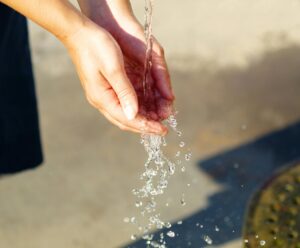An increasing number of companies are using sustainability certifications to enhance their brand reputation. Here, our plastic neutrality partner rePurpose Global outlines five different initiatives and how they can make an impact.
Sustainability certifications line supermarket shelves, appealing to shoppers eager to pursue environmental reform.
However, brands must carefully adopt sustainability certifications to avoid the pitfalls of greenwashing. Greenwashing poses a considerable threat to brand loyalty, and consumers deserve credibly communicated environmental claims.
Aligning with the right sustainability certification(s) can help a brand cut through the noise and differentiate from the competition. Establish an environmental story of stewardship that your consumers and stakeholders will value.
What defines a credible sustainability certification?
Claiming a product or company is “Green” is arguably the purest form of greenwashing. A credible sustainability certification relies on a thorough verification process.
Sustainability certifications aim to assist or ensure a brand’s internal operations comply with a set of standards or give an opportunity to create external environmental benefits through a verified platform.
It is also important to note, many certifications ensure environmental compliance, rewarding companies for reaching a preset baseline. While achieving a baseline level of impact is a step in the right direction, it’s important to remember a brand can always further it’s environmental efforts.
Among the thousands of sustainability certifications, which will elevate brands in 2021?
Best entry level sustainability commitment
While the 1% for the Planet programme is more of a commitment than a certification, this model is an excellent way for businesses and individuals to take environmental action by donating to approved non-profit partners. Members commit 1% of their gross sales to approved non-profit partners to benefit environmental causes.
Joining the 1% for the Planet movement is a great building block to accelerate your CSR initiatives. Joining the movement demonstrates to consumers and stakeholders a commitment to environmental stewardship.
Most rigorous corporate certification
The Certified B Corporation movement spurs businesses to solve poverty, inequality, and climate change. The B Corp certification places shareholders on an equal playing field as customers, workers, communities, and the environment.
The verification process assesses the company’s entire environmental and social impact through a rigorous due diligence assessment carried out by the B Lab organisation. The B Corp certification intends to create a community of responsible business leaders striving to improve the triple bottom line: People, Planet, and Profit. Milk & Honey PR became certified B Corp in 2019 and released its first impact assessment in early 2020.
The most scalable certification for every level of enterprise
rePurpose Global is the world’s first ‘plastic credit platform’ designed to empower businesses and consumers to tackle their unique plastic footprint. Its flagship Plastic Neutral Certifications allow consumer brands, conscious workplaces, and online or in-person retailers to compensate for as much plastic as their operations create. Additionally, the rePurpose Global platform offers multiple tiers of certifications, so each brand can decide how much environmental impact it wishes to pursue.
Extensive verification processes ensure immediate and tangible impact through rePurpose Global’s network of vetted plastic credit projects. Its platform is designed to not only remove and recover plastic waste otherwise bound for nature but also combat extreme poverty by improving the lives of waste workers and their families across seven developing countries.
Gold standard for cruelty-free consumer goods
Established in 1990, the Leaping Bunny Certification is now internationally recognised. The Leaping Bunny Certification helps consumers choose to shop cruelty-free. The seal is often displayed on cosmetics, personal care, and household product packaging.
While not especially expensive, earning the certification encompasses a thorough verification process. The verification process comprehensively ensures brands are not animal testing through third-party verification and independent audits.
Best small business certification
The Green Business Bureau’s (GBB) certification awards points based on the progress a company makes to decrease its environmental footprint. The GBB’s assessment identifies the sustainability efforts a company has made and helps create a company roadmap for reduction to formulate future sustainability efforts.
A company can choose which green initiatives to target and work towards earning a higher level of certification. This certification is fantastic for displaying continued progress and the initiatives a company is working on to improve continually.
Environmentally conscious business models are quickly becoming a common consumer preference and significant marketing asset. In 2021, more and more brands and corporations will be incorporating sustainability initiatives and taking responsibility for their environmental and social footprint. While choosing which certification is best for your brand, consider the expectation of your consumers and stakeholders. Whether it is tackling plastic pollution, or greenhouse gas emissions, there is a certification out there for every brand’s specific needs. Although, before committing to any process make sure the certification is vetted and accredited.
Guest blog author: Noah Godfrey, environmental editor at rePurpose Global.








